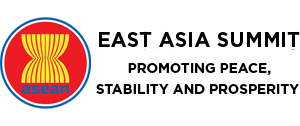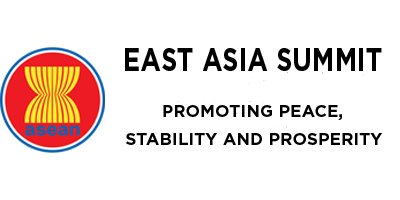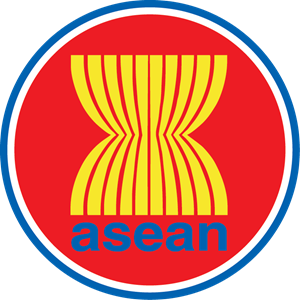GLOBAL HEALTH ISSUES & PANDEMIC DISEASES
4.1 Enhance regional preparedness and capacity through comprehensive and integrated approaches to
(i) prevention;
(ii) control;
(iii) care;
(iv) management;
(v) surveillance; and
(vi) timely response to communicable diseases such as HIV and AIDS, dengue, tuberculosis: other emerging and re-emerging infectious diseases such as drug-resistant malaria and impacts of pandemics. Specific relevant activities may include, but are not limited to the following:
4.1.1 Support the implementation of the Declaration of the EAS on Regional Responses to Malaria Control, and Addressing Resistance to Antimalarial Medicine;
4.1.2 Support the work of the Asia-Pacific Leaders Malaria Alliance (APLMA) to enhance East Asia cooperation in dealing with malaria issues in the region through Leaders-led dialogue;
4.1.3 Support the full implementation of the International Health Regulations across all EAS Participating Countries to strengthen health security in the region, including to improve public health emergency preparedness and response;
4.1.4 Promote collaborative research and development on relevant health intervention and technologies for the prevention, treatment, care, and management of emerging infectious and communicable diseases;
4.1.5 Support the implementation of the One Health Approach across all EAS participating countries to strengthen prevention, detection and response capacities to efficiently address the interconnectedness of the health of humans with the health of animals and the environment;
4.2 Encourage cooperation, based on the aspirations of Universal Health Coverage, to increase access to quality primary health care services for all people of the region especially in maternal, newborn, child and elderly health, focusing on:
(i) Equitable access to health care services;
(ii) Affordable health care services;
(iii) Quality primary health care, in particular in Cambodia, Laos, Myanmar and Vietnam (CLMV);
(iv) Regional coordination and cooperation on public health policies and regulations;
(v) Establishing and sustaining networks of health care services;
(vi) Achieving the 2030 Agenda for Sustainable Development;
(vii) Fostering elderly health services in the area of community-based integrated care, functional recovery care, including human resource-development, promotion of necessary healthcare services, and active aging and improvement of access to medicines in close cooperation with relevant organizations including ERIA;
4.3 Strengthen regional cooperation to enhance access to affordable and essential healthcare services, and safe, high-quality and affordable medicines, as well as to promote a healthy lifestyle;
4.4 Enhance coordination and cooperation on public health;
4.5 Enhance capacity building of EAS participating countries in the area of public health which may include, but is not limited to the following:
4.5.1 Improve management of human resources for health and conduct training courses for public health workers;
4.5.2 Explore ways to promote regional cooperation in enhancing national health system response and resilience to all hazards such as natural disasters, pandemics or emerging infectious diseases, which may include among others emergency and disaster medicines;
4.5.3 Provide timely notification to WHO of events that may constitute a public health emergency of international concern, as required by the International Health Regulations, and to early sharing of surveillance data so as to limit the loss of life and economic damage;
4.5.4 Strengthen cooperation in responding to the threats on the spread of communicable diseases through discussions among public health senior officials of the EAS participating countries and consider the possibility of organising regular meetings of heads of services responsible for combating infectious diseases;
4.6 Promote sharing of best practice and information exchange on health-related technologies;
4.7 Improve the health status of the people of the region towards achieving the targets of the 2030 Agenda for Sustainable Development;


